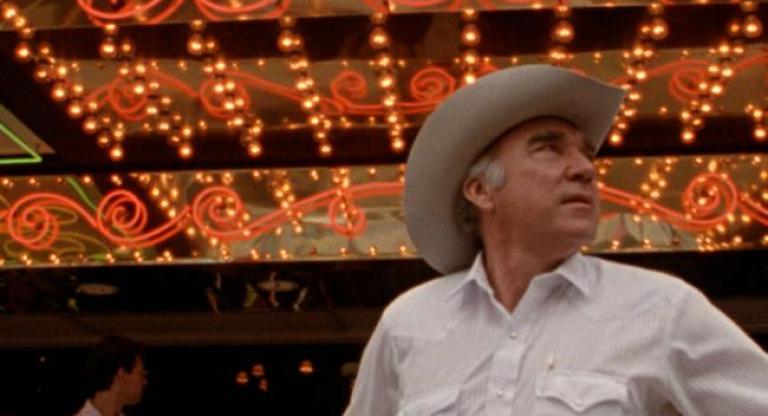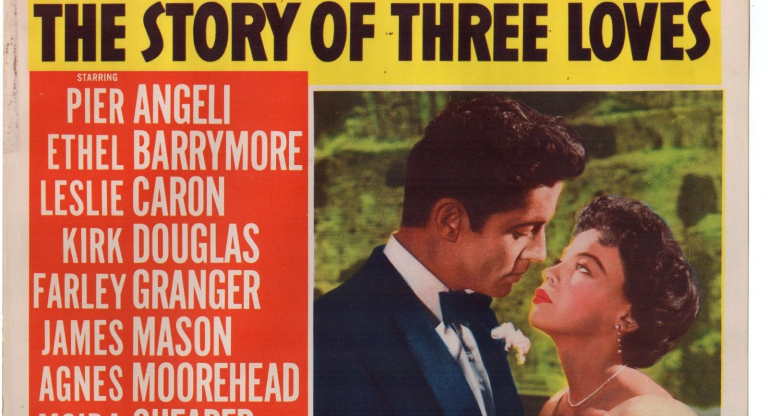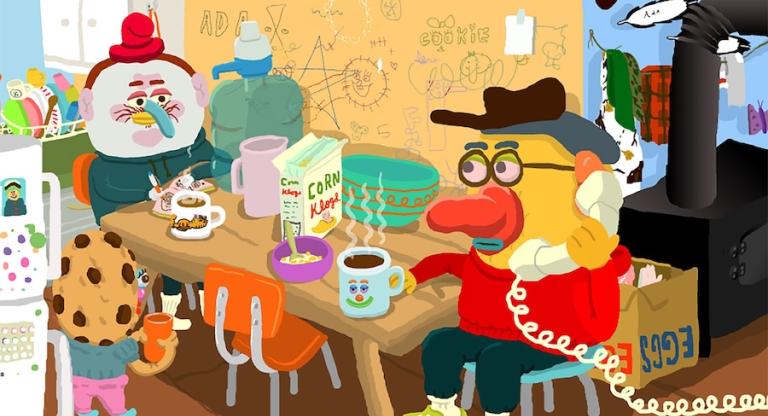Over the last three decades, Catherine Breillat has clinically charted female sexuality and its intersections with power and intimacy. Last Summer (2023), a formidable return after Abuse of Weakness (2013) a decade ago, is marked at times by an uncanny tenderness and the golden nostalgia suggested by its title. Elegantly transcending its salacious premise—a middle-aged woman shtupping her husband’s 17-year-old son—the film offers a slippery study of desire and transgression, the line between which is both a permeable boundary and a treacherous descent.
A competent and successful attorney, Anne (Léa Drucker) leads a fairly comfortable, safe life with her husband, Pierre, and their utterly adorable adopted twin daughters. When Theo (Sam Kirchner), Pierre’s son from a previous marriage, arrives after being kicked out of school, she happily accommodates him in their suburban summer home, unfazed by the slender, floppy-haired thing who comes off as a hostile brat. It is only gradually, with the film’s patient unfurling, that Theo becomes a keenly inquisitive companion and eventually covert lover. During the passionate interludes, the camera glues itself to gazes and facial expressions rather than bodies, scrutinizing the underpinnings of desires rather than physical manifestations of it.
Last Summer hews quite closely to Queen of Hearts (2019), the Danish film on which it’s based, until it doesn't. Breillat preserves the dialogue and setup, but erodes and obscures the foundations of Anne’s psychology. The predatory undertones of the original, more palpably an erotic thriller, were abundantly clear, and by muting them Breillat also curbs moral impositions—her own and the audience’s. Last Summer ultimately unnerves and agitates the source material’s inherent provocations. Maintaining a facade of unwavering composure, Drucker renders Anne apparently vulnerable but her true feelings indecipherable. We’re left to parse her improper inclinations, and the undeniable manipulations that arise once the secret’s out, on our own. That Anne primarily advocates for victims of abuse at work is not lost on us. What is clear though are the self-deceptions and preservationist tactics the upper-middle classes will employ to save face and uphold domestic order. Steeped with trappings of bourgeois life, in another iteration Last Summer could easily have been fodder for Chabrol.
Last Summer opens Friday, July 5, at the Roxie Theater.
Previously:
Last Summer screened at the New York Film Festival, its U.S. premiere.




